3 seriously helpful research skills for fire engineers
By Cyndy Reddy - Fire Safety Engineer at Performance Based Consulting.
The notion of changing engineering disciplines can be challenging and confronting. I know first-hand. After five years in the product development industry, I moved from a research project engineer role to a role in the building services and consulting industry as a Fire Safety Engineer. With a completely different subject matter, I expected to be on the back foot in my new position, but I realised that many of the skills I’d gained in my previous position were not only transferable, but hugely advantageous.
Here are the three skills I gained in my research career that are seriously helpful for fire engineers.
Critical thinking
This is an obvious one, but as a researcher you learn not only how to think about problems, but how to critically assess the validity, bias and patterns of information we’re given. The amount of "information" I wade through as a fire engineer every day means knowing what can and cannot be trusted is not only handy, but crucial.
Constantly practicing your critical thinking skills also allows you to quickly identify problem areas when speaking to clients. This is great when we’re beginning to speak about projects or brainstorming potential solutions with the design team. It ensures that everyone is on the same page, and that we don’t waste time working on solutions that aren’t viable.
Attention to detail
Quite often, the level of detail required in the lab on a micro scale is considered superfluous in the consulting industry. With clients paying for your time, the most minute details can often be considered time consuming and ‘overkill’. However, I found the highly detailed approach I used in research to be extremely useful.
In treating each project that came across my desk as a mini experiment, I was taken on a journey through the experimental process, which meant I had a structured approach to my problem solving. This regimented process ensured that things wouldn’t ‘slip between the cracks’ and also meant that I was able to find efficiencies in the process, allowing me to save time.
Finding help
PBC pushes us to challenge ourselves every day, from trying to be innovative in the way we work day to day, to thinking differently about the way we approach problems. It means that you’re a constant student. So, searching for helpful people or tools becomes second nature.
My research background gave me a leg up in this area. Tools such as Kepner Tregoe (KT-method) helped with problem solving and decision making so I could plan my work, and I found BECODE, which helped me navigate the BCA more efficiently. Getting the right advice and tools meant that I was learning about fire engineering as quickly as possible.
Changing disciplines doesn’t have to be daunting
My experience in research armed me with skills that made changing engineering disciplines an interesting and thought-provoking challenge. By applying the skills from my research background to my work as a fire engineer I was able to find accurate and efficient ways to provide better client service, solve problems and learn new subject matter. It gave me the unique opportunity to reimagine my skills and use them in new ways – allowing me to grow and evolve professionally.
What skills from previous career paths have you found to be useful in your current role? You can join the conversation here.
Cyndy Reddy is a Fire Safety Engineer at Performance Based Consulting
With a background in materials engineering and product development, Cyndy moved over to fire engineering and hasn’t looked back. She enjoys being able to work with the design team to ensure all buildings are fire safe and compliant.


